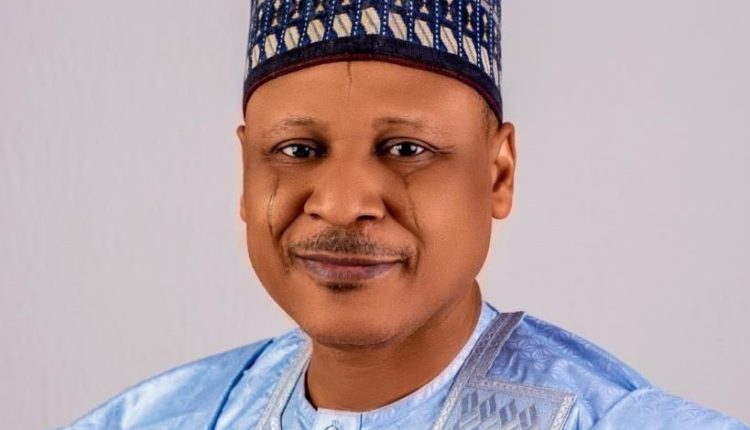Nigeria’s Minister of Information and National Orientation, Mohammed Idris, says the government’s economic reforms, which have faced criticism from some quarters, are yielding positive results for the country.
In a statement issued on Friday, Idris said the reforms, initiated by President Bola Ahmed Tinubu, who took office in May 2023, had improved the country’s fiscal and monetary situation, boosted oil production, increased capital inflows and created more resources for public spending.
“The problems that we are solving are no doubt multifaceted, intertwined, and deep-rooted, requiring creative, strategic, decisive, and multi-pronged solutions,” Idris said.
“These bold moves being implemented are in full alignment with what is required.”
Subsidy Removal
The Minister said one of the key reforms was ending the petrol subsidy regime, which had cost the government trillions of naira over the years, and diverting the savings to infrastructure, education, healthcare, social investment and prosperity for tens of millions of Nigerians.
He said the subsidy removal had led to a 50% drop in petrol importation and a rise in crude oil production, which increased to an average Of 1.55 million barrels per day in the fourth quarter of 2023 from 1.22 million barrels per day in the previous quarter according to data from the National Bureau of Statistics.
Idris also said the monthly receipts by states from the Federal Accounts Allocation Committee had surged since the subsidy removal, giving governments at all levels billions of naira in extra headroom to deliver the dividends of democracy to Nigerians.
He criticized those who had supported the subsidy removal during the election campaign, but were now opposing it. “This insincerity does not bode well for our country and our democracy,” he said.
Exchange Rate Unification
Idris also praised the Central Bank of Nigeria for unifying the exchange rate and loosening control of foreign exchange rates, allowing access to foreign exchange to take place at market rates determined on the principle of ‘willing seller willing buyer.’
He said the central bank had been proactive in enhancing liquidity in the forex market, clearing outstanding forex obligations, and outlining new operational mechanisms for banks and other operators.
He said the naira was stabilising, and the foreign exchange market was seeing a surge of inflows. He cited the latest data from the National Bureau of Statistics, which showed that capital importation into Nigeria rose by over 66% in the fourth quarter of 2023, compared with the previous quarter.
He also quoted the central bank governor, who said $1.8 billion flowed into the forex market last week, on the back of the new reforms.
Long-term Benefits
Idris acknowledged that the reforms were difficult and painful for Nigerians in the short-term, but said they were inevitable and beneficial in the long-term.
He said the government was not under any illusion that the reforms were silver bullets, or that nothing else was required. He noted the reforms were foundational, upon which the government would build the superstructure of true economic growth and prosperity.
He urged Nigerians to support the government’s vision and efforts, saying they were aimed at improving the lives and livelihoods of the people.
Dominica Nwabufo

